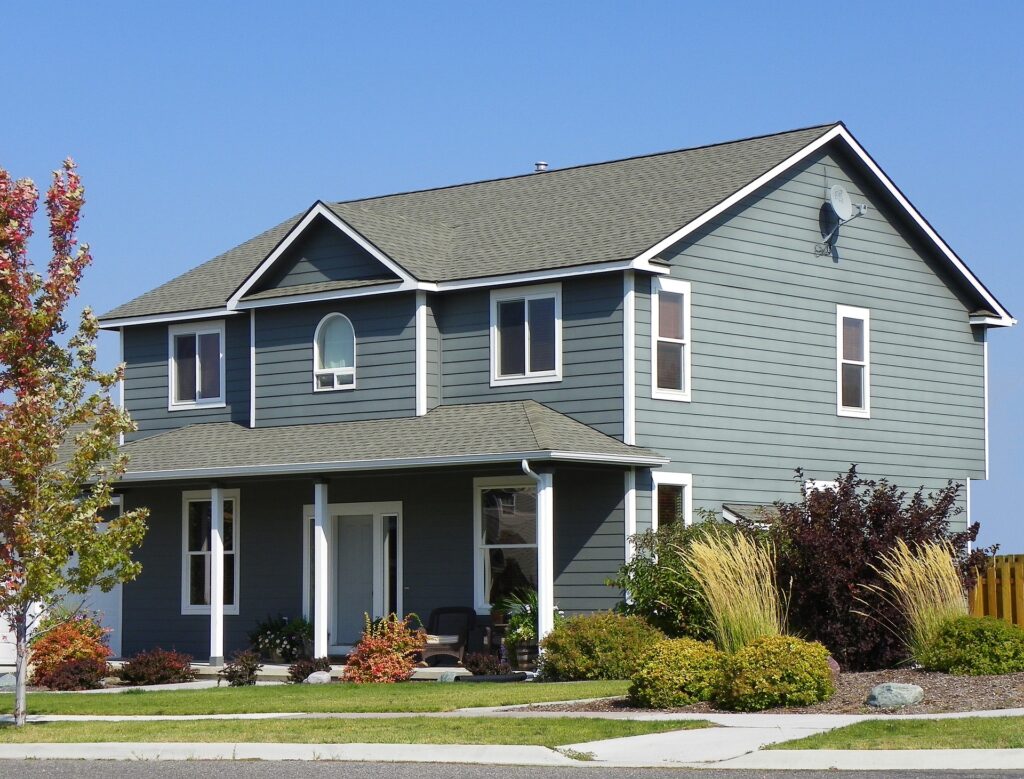
A lot may change in a year.
Real estate markets throughout the globe were facing high prices, little supply, and significant demand at the start of 2022. Since central banks started increasing interest rates this spring, the outlook for 2023 has shifted substantially.
Even while house prices are dropping and properties are sitting on the market for longer than usual, many professionals see this trend as more of a normalization rather than a correction. From March 2020 to March 2022, business activity and price increases were relatively high.
In fact, it has already begun. Knight Frank found that the annual increase in global luxury home prices fell to 8.8 percent in the third quarter of 2018 from 10.9 percent at the beginning of 2022. However, when adjusting for inflation, home prices have fallen by 0.3% in the last year.
According to Jonathan Miller, president, and CEO of the New York-based appraisal firm Miller Samuel, the U.S. market is “coming down to Earth.”
Since interest rates have been artificially low for so long, “the shift of Fed policy has had an effect on every home market in the nation,” said Jonathan Miller, president, and CEO of Miller Samuel, an assessment firm. As one commentator said, “It spawned boundless demand and wiped out supply.”
There certainly have been rumblings about a possible economic downturn. However, Mr. Miller believes that it will be mild compared to previous economic downturns and that this is partly attributable to the robust job market.
London and Sydney, two other large cities, are also bracing for rough seas. However, analysts predict little to no effect in cities like Dubai and Miami, which have seen significant increases in tourism in recent years.
Mansion Global polled professionals in the luxury real estate sector in seven global hotspots to ascertain their outlook for 2023.
New York
After 2021’s record-breaking year, the city’s sales activity dropped significantly by December, and this decline is projected to continue at least into the second quarter.
The first half of 2022 was outstanding. According to Bess Freedman, CEO of Brown Harris Stevens, “deals are down, and demand has cooled,” beginning in the third quarter and continuing into the fourth quarter.
Ms. Freedman forecasts that the real estate market will remain turbulent through 2023 as the Fed boosts interest rates to combat inflation. Despite the robustness of the job market, she continued, concerns about the possibility of a recession, even a moderate one, remain high.
She predicted the real estate market would continue along its current turbulent trajectory. There have been good times and bad. We recently had someone sign a contract for almost $20 million, so obviously, plenty of wealthy individuals are willing to spend lavishly on luxury housing. Still closing and signing, although at a slower pace, as many seem to be leaving. … It could be challenging in the first and second quarters, but I believe we’ll get back on track.
Mr. Miller claims that the high currency is still discouraging foreign investment and that compensation for Wall Street executives might be reduced by as much as 30% from their 2021 levels.
Mr. Miller said that even if a large share of Manhattan purchasers pays in cash, the borough will benefit from rate reductions. The purchasers in New York are also aware of the financial markets, which have been turbulent recently due to shifts in Fed policy.
It makes people more cautious, he added. Manhattanites, like anybody else, dislike the unknown. Regarding activity, we may look at a year similar to what we saw before the epidemic. … When we get to 2023, the narrative will be more or less back to normal and not at all booming.
San Francisco
San Francisco’s high-end real estate market had a long and successful run up until 2022, enormous thanks to the city’s thriving tech sector and the massive sums of cash it brought.
According to Compass’ chief market analyst for the San Francisco Bay Area, Patrick Carlisle, “large changes in macroeconomic conditions” since midyear have “started to let the air out of overpressured markets.” These changes have been exemplified by rising inflation, interest rates, and falling stock markets.
“Not a head-on collision, nothing like 2008’s disaster, but a significant slowdown nevertheless, a decrease in confidence and a rise in uncertainty. And in high-end real estate markets, buyers prefer to wait it out until things calm down before making any decisions.
Expect similar trends in 2023. He said the city’s prospects were “neither significantly increasing nor falling unless we see a revival in general economic confidence” in the form of a significant drop in interest rates and an accompanying recovery in financial markets.
But “it can only be expected that it will bounce back again,” Mr. Carlisle added, “just as it has in the past.” Until then, “buyers are in a great position to aggressively bargain house acquisitions at prices far below those of prior years.”
According to Mr. Carlisle, the downtown/high-tech part of the city was struck the worst, and as a result, the luxury and ultra-luxury condo markets there have suffered the most.
“Deals may be struck here for purchasers with a longer-term perspective,” he added. “The ancient adage goes that when there is blood in the streets, then’s the time to purchase.”
